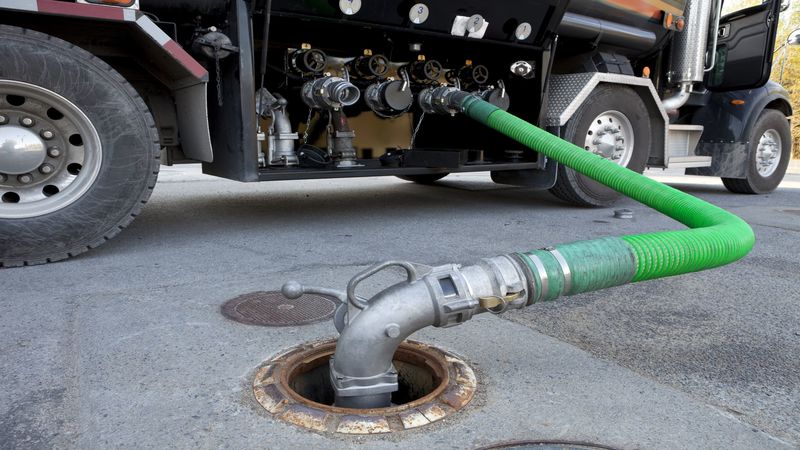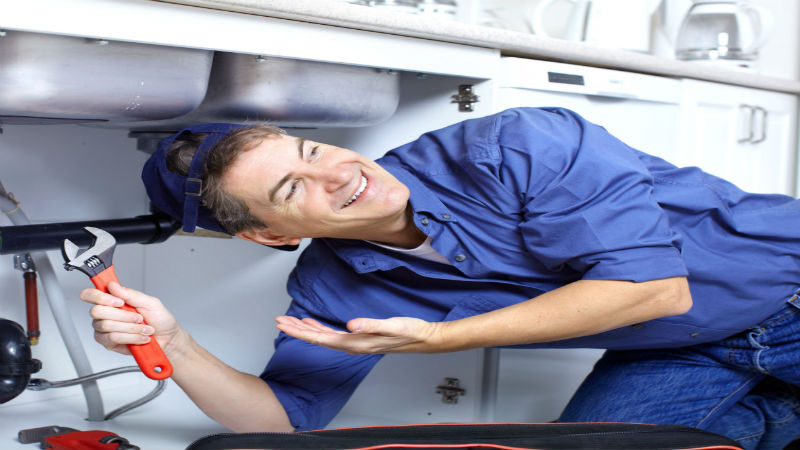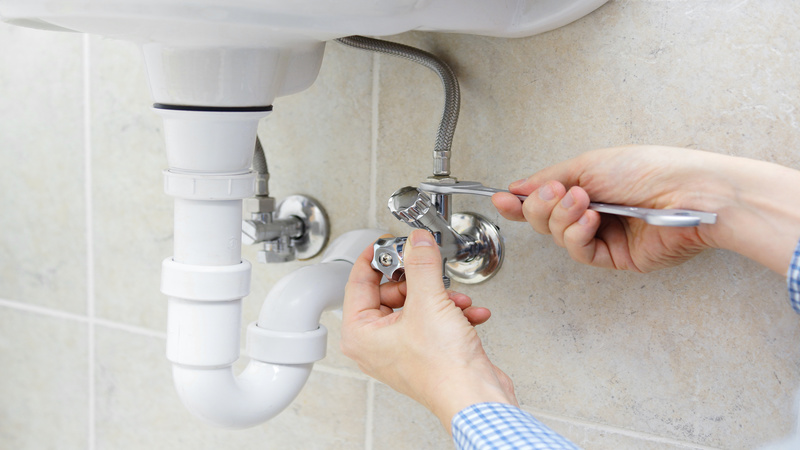Poor plumbing practices may not only ruin your home, but they may also take a significant toll on the environment through the unwanted release of harmful chemicals and minerals. The following are several good plumbing practices that plumbers and system designers should adhere to reduce the excess copper release.
How Does Copper Pipe Corrosion Occur?
Increased copper levels from piping results in contaminated drinking water supplies. When water sits for prolonged periods of time in horizontal piping, copper pipes have the potential to corrode. Water that is moving at very high speeds can continuously pick up bits of copper that are corroding in the pipes and carry them away. Additionally, sometimes pipes that aren’t made properly have uneven surfaces that are called raised burrs. These create a raised area that water hits when it flows, which also results in the corrosion of the copper pipe. Another way that copper corrosion occurs is when iron is deposited in water heaters. This typically happens with older water heaters.
Best Designs in Plumbing
Pipes can be designed and redesigned to decrease the chance of corrosion. Firstly, plumbing can be designed to minimize the speed of the water traveling through the pipes. Another efficient way to reduce corrosion is to decrease the maximum water temperature. Pipes can also be designed so that there are fewer turns in the piping; this will help reduce the water turbulence in certain areas such as the corners. Designs can also avoid large areas of horizontal piping since horizontal sections allow water to become stagnant.
Evaluate Your Home’s Plumbing
Local experts in plumbing in Chelsea, MI are here to help you evaluate your home’s plumbing system. Several locations offer both residential and commercial plumbing services as well.
Click here to learn more about what local plumbers can do for you.



